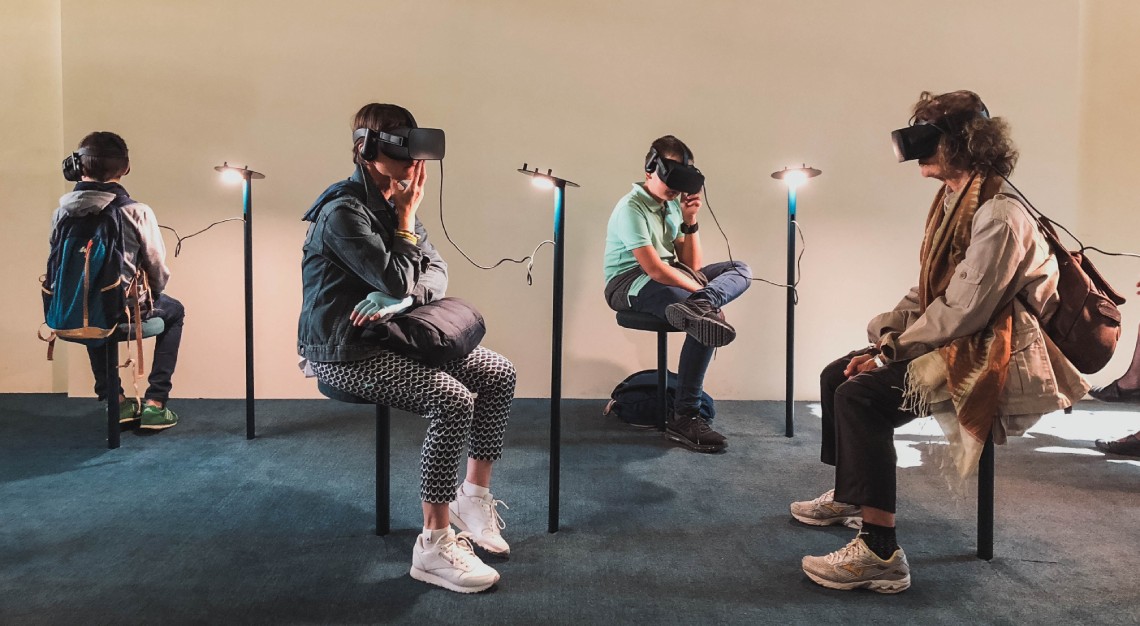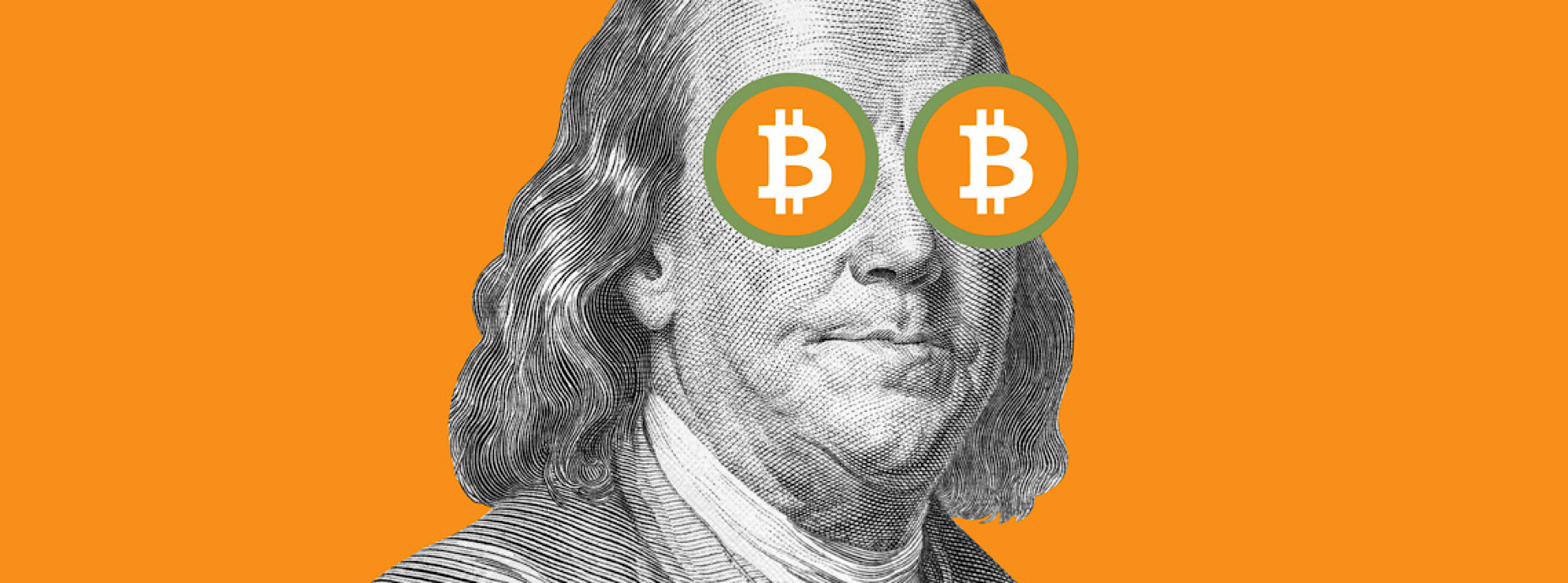There may be a lot of misery in the world, opines Chandran Kukathas, but for many, ‘there’s gold in them thar hills’. But can happiness be engineered?
Can money buy happiness or engineer it? We’ve thrown a lot of money at a great many scientists lately trying to answer these questions. Happiness research is big and it’s making many people very happy – mostly the people doing the happiness research. Without a doubt, there’s money in happiness. You don’t have to write a bestseller on it, although it wouldn’t hurt.
If you’re an academic, there are research grants to study what makes people happy or sad, rises in pay as well as prestige for publishing the results (perhaps in the Journal of Happiness Studies) and speaking fees to be collected travelling the world lecturing on contentment. Paid consultancies to tell governments how to help the public (aka voters) be happier are a bonus. There are now classes to tell you how to become happier by becoming more mindful, less ambitious or better at knowing what you want. Everywhere there are people who are happy to help you. The Internet is awash in books, articles, reports and columns, all produced by people paid to tell us how we can be happier – or at least less miserable.

Corporations recruit certified happiness consultants to help them make their employees happier and more productive. Delivering Happiness, for example, claims to be the world’s first coach-sulting company and promises to help you “create a happier culture for a more profitable business”. In case you’re not getting the message, it adds: “If your culture isn’t empowering your team to create their best work, you’re losing money.” But it’s not only corporations who are looking for help.
Is happiness research good value for money? Will it make us any wiser or happier? And can we trust our leaders to do the job of what the Soviet dictator, Joseph Stalin, called the “engineers of the human soul”? Sadly, no. It’s not that the research is completely wrong. It’s just not clear how useful it really is, even if, happily, it gives some of us something to do and others something else to read. So what does the most recent research tell us?
Keep in mind that nearly all of the recent scientific research is conducted by psychologists, economists and statisticians (but not anthropologists, historians or philosophers) and what they study is subjective well-being. In a nutshell, they study the answers people give to questions such as, ‘How happy are you? Very happy, reasonably happy or not that happy?’ Or, ‘How happy are you on a scale of zero to 10, where 10 is very happy and zero is absolutely miserable?’ Not exactly the deepest questions – somewhat lacking in rigour. Nor quite what the ancient philosophers, from Aristotle to Zhuangzi, had in mind when they explored the idea of a happy life. We’ll come back to this.

Here are the main conclusions the research has come up with.
It’s mostly in the genes
First, a lot of it’s in your head. Or, more precisely, in your genes. On the basis of psychological research on twins, the psychologists David Lykken and Auke Tellegen found that around half of your set point for happiness – the state you’ll return to between highs and lows – is inherited. Most researchers agree. Some people are genetically disposed to enjoy a higher level of subjective well-being. Luckily, that leaves 50 per cent somewhat within our control, although whether that’s good news may depend on whether you’re a ‘glass half full’ or ‘glass half empty’ type. (Whether you’re happy with your genes too depends on, well, your genes.)
Happiness depends on what happens to us
The second thing the research tells us about happiness is that some of it depends on what happens to us. Here the trouble is that we just don’t know how much of our happiness depends on our circumstances. Maybe a little – 10 per cent? Maybe a lot – 40 per cent? There’s no agreement on this. Winning the lottery or losing a loved one makes a difference. So might seeing someone not so lovable win the lottery. Or seeing an enemy win the lottery only to lose the ticket. (The pleasure derived from someone else’s misfortune, what the Germans call schadenfreude, may be an underappreciated source of happiness.) But just how big a difference it makes remains a puzzle.
Still, none of this really matters, the research tells us, because the effects wear off. Whatever happens to us, we get used to it. From an evolutionary point of view that makes sense. If we didn’t have the ability get over misfortune, we’d probably be too sad to have sex (even if anyone wanted to have sad sex with us) and we wouldn’t pass on our unhappiness genes. The perpetually miserable are destined to die out.
Unfortunately, we also get over our good fortune. Winning the lottery, gaining a promotion, seeing our team win (or our rival, Evil United, humiliated) brings immediate but rapidly diminishing satisfaction. That’s the main reason researchers think that money doesn’t buy happiness. We get used to however much we have and soon after a windfall gain, or a gut-churning loss, we readjust to our new circumstances and budgets. If we can have Beluga caviar and Châteauneuf-du-Pape (from some of the finer vineyards and not the other rubbish) every day, it ceases to be special, and we need something more to make us purr. Maybe that’s a good thing too. If our ancestors had been happy with water, they might never have invented whisky and we’d have nothing to help us truly drown our sorrows.

Will happiness come from pursuing power?
The third thing the research tells us is that, now that we know the first two things, we should understand that happiness won’t come from pursuing power, wealth or prestige. We have a better chance of finding it in doing work we consider meaningful, cultivating relationships with family and friends, and learning to be content with what we have rather than aggrieved because of what we lack.
The secret to finding happiness is to become a little less materialistic, a little more spiritual and a lot more easy-going. There are a few tricks that might help you along the way. For example, if you have money, don’t accumulate more possessions but spend it on experiences you’ll remember. That will give you more bang for your buck. Try giving more of your money away – you’ll do good (provided you aren’t donating to a bad cause) and feel good to boot. And lower your expectations. If getting what you want makes you happy, and not getting it makes you unhappy, you can improve your odds by wanting fewer things – especially those things that are hard to get, like those grapes that look so good but are cruelly out of reach.
This is when the happiness research starts to look a bit suspect. Now, it’s not that it’s telling you anything that’s wildly counter-intuitive or particularly new. As many happiness researchers admit with commendable alacrity, it’s not a million miles from what philosophers and sages have been saying for a long time. Hasn’t the Dalai Lama told us that “we need to learn to want what we have, not to have what we want”? Wasn’t that no more than an expression of what the Buddha tried to teach us: that suffering is caused by desire or craving, and happiness comes from the taming of desire? Happiness is freedom from that restless yearning to have our wants satisfied.
But the thing is, when these philosophers and sages offered these answers, they came in a very different package. Why? Well, they actually started with a different approach to the problem. Instead of asking people, how happy are you on a scale of one to 10, they tackled a bigger, more complex question: what makes a life a good life and what makes a person a good person? Or, more plainly, what is happiness?
Modern happiness research has assumed an answer to this question: happiness is the subjective well-being they are trying to measure, whether by using the PANAS Scale or the Oxford Happiness Inventory, or the Satisfaction With Life Scale. The trick is to figure out what behaviours maximise this feeling of well-being and what conditions make it easiest to do it.
But what if subjective well-being is the wrong answer to the question, ‘what is happiness’? Well, that’s too bad. Because the happiness business is about telling you how to increase your subjective well-being, or telling your company how to help you increase it, or telling the government how to increase everyone’s subjective well-being. It’s not a philosophical problem but an engineering one.

So can happiness be engineered? According to the engineers, yes, we can increase happiness. There are two parts to the strategy. The first is to fix the environment to make it easier for more people to be happy, and the second is to teach people how to behave in ways that will make them happier. Science will tell us how to do both.
The trouble is that the scientists agree on some things (like, for example, happiness is subjective) but not on others (such as, what’s the best environment to enable us to get more of it). If you went to Professor Richard Layard at the London School of Economics, he’d tell you that the best way is to have the right economic policies that set the right incentives for people to behave in the right way. And for those who still don’t get it, or are depressed, there are other technological fixes, from Cognitive Behavioural Therapy to better employer training. Lord Layard (he was made a Labour peer by Tony Blair) is one of the people who developed the World Happiness Report that presents an annual ranking of countries by happiness. (Finland has been top the last three years.) He is convinced that the cheapest and most effective way to make us all happier is to eliminate depression and anxiety because it would reduce misery by 20 per cent, while poverty is harder to fix and would only reduce unhappiness by five per cent. Besides, money doesn’t buy happiness, since beyond a certain point more income doesn’t make any difference. British Labour and Conservative governments have found him very convincing.
Some scientists are not so happy about that. Many psychologists dispute that poverty is less important because not having enough money is stressful. More to the point, happiness is not a matter of finding technical fixes. There isn’t a pill that makes your troubles go away – or at least, not for long. Other scientists simply don’t believe that more money doesn’t make you happier. The economist, Richard Easterlin, thought he’d shown that there was no link between happiness and GDP – richer countries were not happier. Strangely, though, he found that within countries, people with more income were happier.
This became known as the Easterlin Paradox. Layard’s explanation was that people were concerned about their relative income, and this was making them a bit more envious and a bit less happy. Really, once a country reaches an annual income of about US$15,000 per head, the level of happiness is independent of income.
There is, however, plenty of evidence that money does make you happier. Betsy Stevens and Justin Wolfers from the University of Pennsylvania examined the evidence across and within countries and concluded that there is a strong correlation between income and subjective well- being, and no evidence of a satiation point – the point at which having more makes no difference. At least when we’re looking at countries.

So, if we are going to engineer happiness, we first have to find a way to get the engineers to agree on how to do it. The next thing we’d have to do is then get the population to play along. After all, if people don’t follow the rules, don’t like being told what to do or get cross when they think they’re being manipulated, well, things can go to Hades pretty quickly. Think how hard it’s been to persuade Americans to wear a mask during a pandemic that has infected millions and killed thousands of people every day. Sometimes people just don’t like being told what to do and like it even less when told it’s for their own good. Telling them the Finns are doing it isn’t going to help. And rich people telling you more money won’t make you happier does sound, well, a bit rich.
Where does all this leave us? Happiness engineering is not going away anytime soon because there’s money and prestige in happiness research and because it gives people who like power another excuse to tell people how to live. Like all engineers, happiness engineers try to design systems to make a single product as efficiently as possible. In this case, it’s subjective well-being. And engineers will be paid well.
Yet life is not reducible to a single thing that we all want. It’s not even clear that happiness is about satisfying our wants – a point happiness research misses even when it tells us that we shouldn’t want too much or that relationships matter more. Because it’s in the business of telling us how we can get more of something. It’s just telling us to use a currency other than money.
Maybe they should pay more attention to some of the philosophers who wrestled with the question of what is happiness and whether it was really all a matter of subjective well-being. What is it to lead a good life?
The American philosopher, Robert Nozick, posed the following thought experiment. Imagine there was an invention called The Experience Machine. If you plugged into the machine it would give you any experience you wanted. Indeed, you could plug into the experience of an entire life. You could experience not just simple pleasure, which you might get from taking a drug, but a rich and complex life, full of adventure and accomplishment, and rewarded by love and adulation – if that was your idea of a worthwhile existence. The possibilities are endless. Why not plug in, rather than take your chances in a world in which failure and loss are unavoidable risks?

Some people might cheerfully plug in. How is it different to binge-watching Netflix, only better? But Nozick bets that most of us wouldn’t. Why not? Because what we want in life is not just to experience things. What we care about is not just what we feel, but who we are or might come to be. The person plugged into The Experience Machine who feels what it’s like to climb Mount Everest, win Wimbledon, perform heart surgery or write for Robb Report hasn’t actually climbed a mountain or hit a tennis ball or seen a beating heart or written a sentence. She just thinks she has. Why would anyone want that?
Happiness engineers look as though they’re not so much trying to get us to plug into an Experience Machine as to build one around us. So we’ll feel better. Happily, it just won’t work.
This story first appeared in September 2020 issue, which you may purchase as a hard or digital copy. Professor Chandran Kukathas is the dean and Lee Kong Chian chair professor of political science at the School of Social Sciences, Singapore Management University






